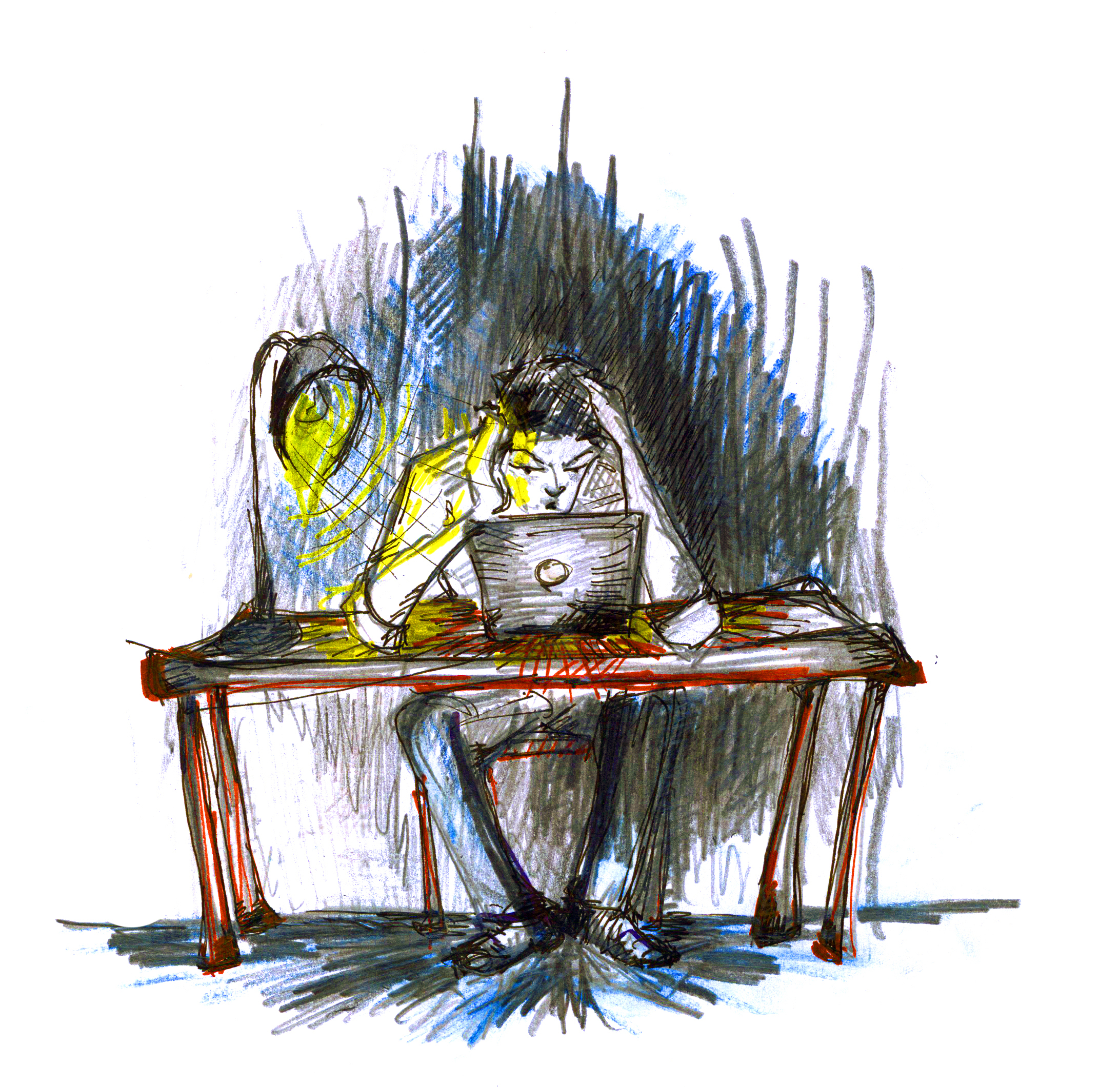
Being anxious may be beneficial to academic motivation, according to a new study coauthored by Yale researchers.
The study, which will be published in the Journal of Adolescence in December, found that anxiety symptoms were positively correlated with higher academic motivation, whereas symptoms of depression showed no correlation.
The study analyzed data from the Social and Health Assessment, a standard survey that assesses risk and protective factors for adolescent adjustment in the United States by asking adolescents about their attitudes toward school, family and emotional and behavioral problems. The data, analyzed through multiple linear regressions, predominantly came from 13- to 15-year-old New Haven youths from economically disadvantaged backgrounds. Additionally, higher levels of teacher support, parent support and attachment to school were all positively correlated to high levels of academic motivation, even in the presence of depressive or anxiety symptoms.
The researchers spent a year looking at the effects of anxiety and depression symptoms on 643 students’ academic motivation over time. The study had two time points used for analysis, beginning in 2003 and ending in 2004. The study focused on academic motivation rather than academic performance, so students’ grades were not taken into account. Academic motivation was measured by students’ positive or negative attitudes toward learning and school. Symptoms of anxiety and depression were measured by student self-reported responses to questions such as “I worry about other people liking me” or “I felt I could not shake off my sad feelings even with help from my family or friends.”
“[That] the general measure of anxiety is positively associated with academic motivation over time is new,” said Chris Henrich, professor of psychology at Georgia State University and an author of the study. Henrich noted that the longitudinal nature of the study was one of its more novel aspects.
But the study’s findings, though new, may seem intuitive.
“It is well established in the literature that anxiety and depression are pretty well correlated,” said Eli Feldman ’16, a board member of the Coalition for Mental Health and Wellbeing at Yale, an undergraduate organization that facilitates collaboration and communication among student groups working on mental health issues.
Feldman added that while the population studied was primarily adolescents from an urban, economically disadvantaged background, he could see clinical anxiety and depression possibly having opposite effects on motivation, with anxiety acting as a discouraging force. He noted, for example, that some level of anxiety is necessary for everyday function while high levels could be problematic.
“If you have no anxiety about the future or your job, you won’t work hard on the application, and you won’t get the job,” Feldman said.
While the study focused primarily on non-clinical anxiety and depressive symptoms, anxiety on a larger scale may have opposite effects, said Eli Lebowitz, an assistant professor at the Yale Child Study Center who specializes in anxiety disorders. He added that anxiety on a clinical scale may hinder students, particularly those who are college-age, from even attending school, particularly schools that require on-campus residence.
“There are many stressors that college students deal with,” said Lebowitz, who works with anxiety-driven young adults and their families.
Lebowitz cited academic demands, social demands, distance from family and competitive environment as several of the factors that cause stress and anxiety in college-age students.
According to the Center for Disease Control and Prevention, anxiety disorders are characterized by excessive and unrealistic worry about everyday tasks or events, or may be specific to certain objects or rituals.







